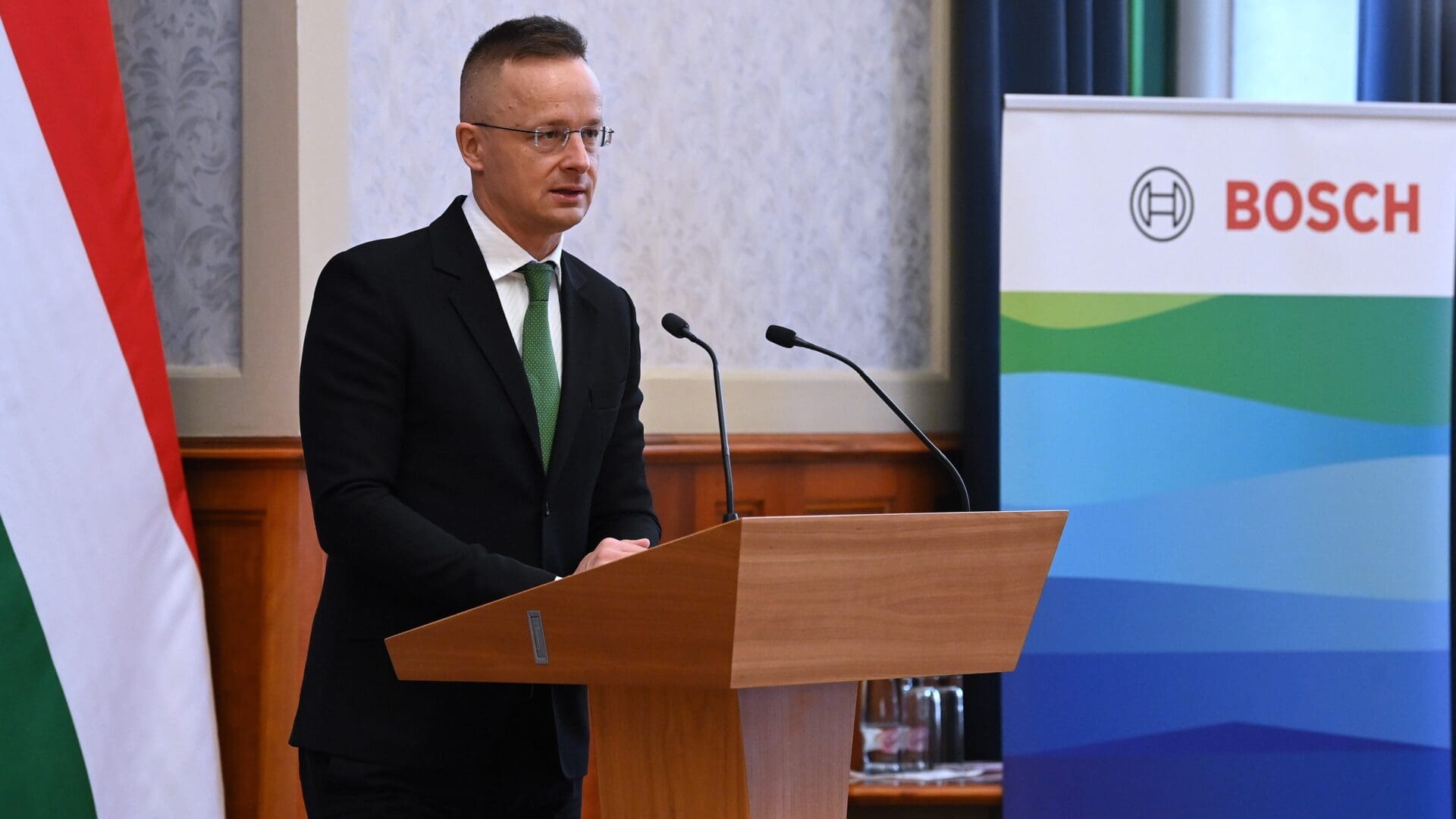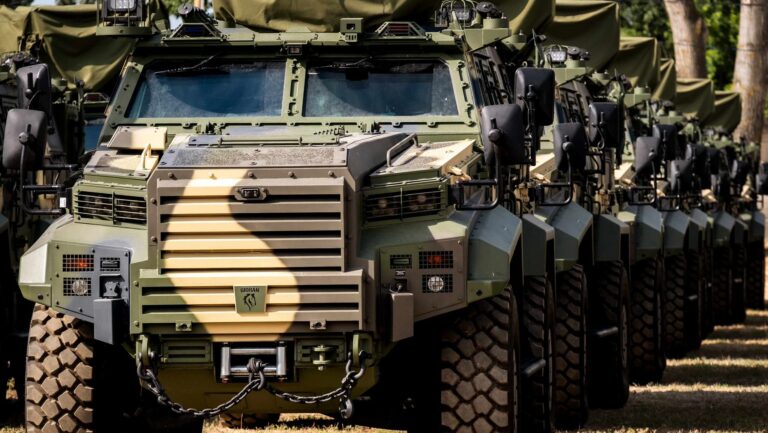Bosch, the multinational engineering and technology company, has announced a 70-billion-forint ($240 million) investment in Hungary, which will be used to expand the company’s existing manufacturing facilities in the country. The investment will be focused on developing new technologies for automotive components, particularly for electric and autonomous vehicles, Foreign Minister Péter Szijjártó said last Friday.
The expansion is expected to create around 650 new jobs in Hungary and will be supported by the Hungarian government through tax incentives and other forms of assistance. The investment is part of a broader strategy by Bosch to increase its global production capacity for automotive components and to position itself as a leader in the growing market for electric and autonomous vehicles.
Bosch has been operating in Hungary for over 100 years, and currently employs around 14,000 people in the country. With this latest investment, Bosch aims to strengthen its local presence and to contribute to the growth of Hungary’s automotive sector.
Bosch in Hungary
Bosch has been operating in Hungary since 1899, and it is one of the largest employers in the country’s automotive industry. The company has several manufacturing plants in Hungary, located in Miskolc, Hatvan, Budapest, and Maklár, which produce a range of automotive and industrial products, including braking systems, fuel injectors, spark plugs, generators, and starters.
Bosch’s operations in Hungary have expanded significantly in recent years, with the company investing heavily in research and development to support the development of new technologies for electric and autonomous vehicles. In 2018, the company opened a new research and development centre in Budapest, which focuses on developing software and hardware for autonomous vehicles.
Bosch’s investment in Hungary is part of a broader strategy to increase its global production capacity for automotive components, and to position itself as a leader in the rapidly growing market for EVs. The company has set ambitious targets to increase its sales of electrified powertrain components, such as electric motors and power electronics, and to expand its range of advanced driver assistance systems (ADAS) and autonomous driving technologies.
As a leading global supplier of automotive technology and services, Bosch is heavily involved in the development and production of components for electric and hybrid vehicles. The company offers a wide range of products and solutions for electromobility, including electric motors, power electronics, battery systems, and charging infrastructure.
Bosch is also investing heavily in research and development to support the advancement of electromobility technologies. The company has set a target to generate €5 billion ($5.9 billion) in annual sales from electromobility products by 2025, and it is working to develop new technologies that will help to increase the efficiency, performance, and range of electric vehicles.
In addition to its work on electrified powertrains, Bosch is also developing a range of advanced driver assistance systems (ADAS) and autonomous driving technologies that will help to improve the safety and comfort of electric and autonomous vehicles. These include technologies such as adaptive cruise control, lane departure warning, and pedestrian detection, which are designed to help drivers and autonomous vehicles navigate the road more safely and efficiently.
Overall, Bosch is playing a key role in the development and growth of electromobility, and the company’s expertise in automotive technology and services helps drive innovation and progress in this rapidly evolving industry.








